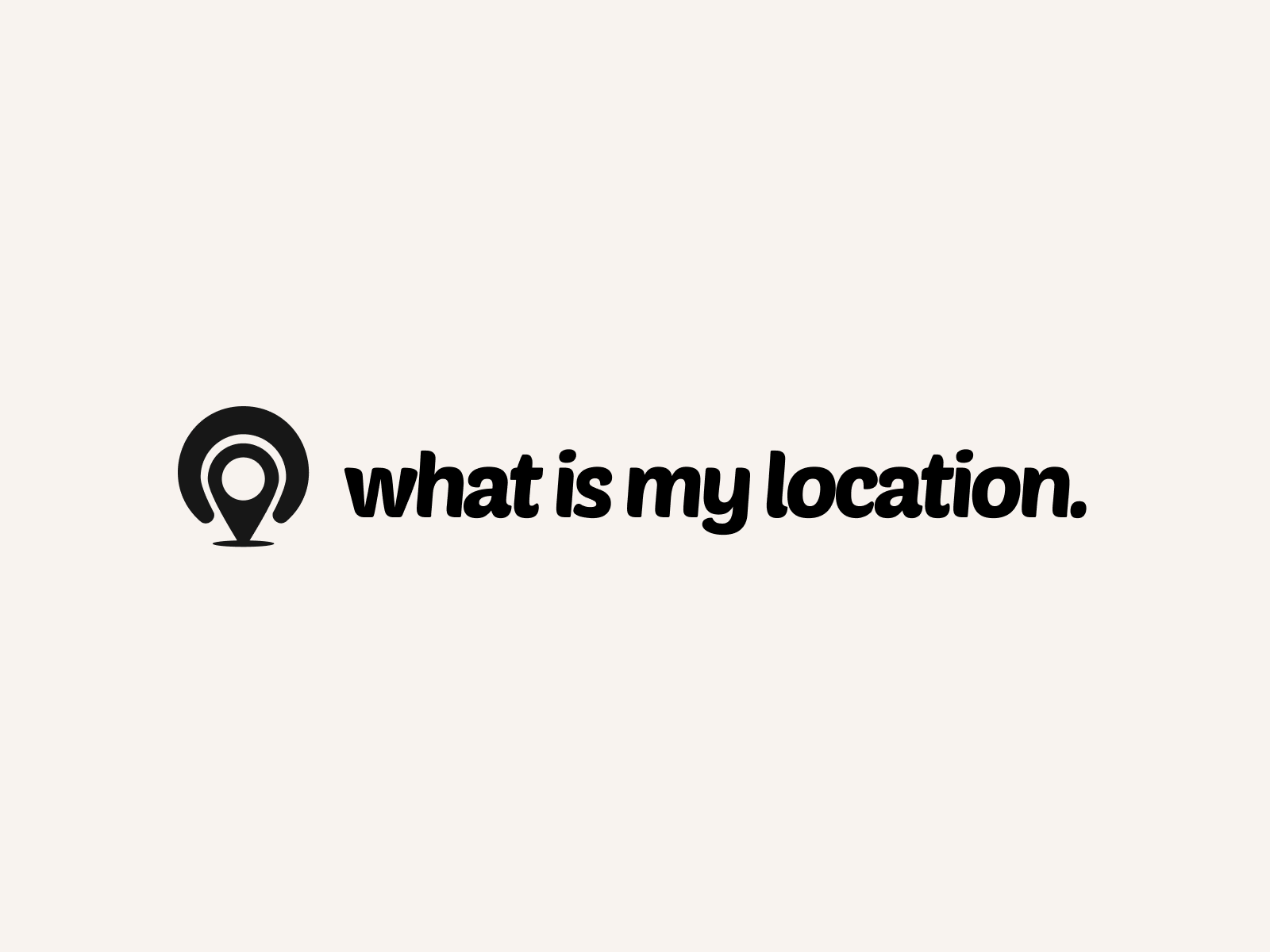Title: [Unveiling the Mystery: How Facebook Uses Your Location Data]
Introduction:
Have you ever wondered how Facebook seems to know where you are at all times? From suggesting nearby friends to showing you targeted ads based on your location, Facebook’s use of location data has become increasingly sophisticated. In this blog post, we’ll dive deep into how Facebook collects and uses your location information, and what you can do to control your privacy settings.
Why Facebook Collects Location Data:
Facebook’s primary reason for collecting location data is to provide a more personalized and engaging user experience. By knowing where you are, Facebook can:
1. Suggest nearby friends and places
2. Show you targeted ads based on your location
3. Help you discover local events and businesses
4. Improve the accuracy of its services, such as check-ins and location-based posts
How Facebook Collects Location Data:
Facebook uses various methods to collect your location data, including:
1. GPS: If you have location services enabled on your mobile device, Facebook can access your precise location using GPS.
2. IP Address: Facebook can estimate your location based on your device’s IP address, which is assigned by your internet service provider.
3. Wi-Fi and Bluetooth: Facebook can use nearby Wi-Fi networks and Bluetooth beacons to determine your location, even if you don’t have GPS enabled.
4. Check-ins and Location Tags: When you manually check in to a place or tag your location in a post, Facebook adds that information to its database.
What Facebook Does with Your Location Data:
Once Facebook has collected your location data, it uses it in various ways to enhance your user experience and generate revenue through targeted advertising. Here are some examples:
1. Location-based Recommendations: Facebook suggests nearby friends, places, and events based on your location history and interests.
2. Targeted Advertising: Advertisers can use location data to show you ads that are relevant to your current location or places you’ve visited in the past.
3. Location History: Facebook creates a map of your location history, which you can view and delete in your privacy settings.
4. Research and Analytics: Facebook aggregates location data to gain insights into user behavior and trends, which can help improve its services and inform business decisions.
Privacy Concerns and How to Manage Your Location Settings:
While Facebook’s use of location data can be convenient and engaging, it also raises privacy concerns. Many users are uncomfortable with the idea of Facebook tracking their every move and using that information for advertising purposes. Fortunately, there are steps you can take to manage your location privacy settings on Facebook:
1. Turn off location services: You can disable location services for the Facebook app in your device settings, which will prevent Facebook from accessing your precise location.
2. Limit location history: You can choose to limit or delete your location history in your Facebook privacy settings.
3. Adjust ad preferences: You can control whether Facebook can use your location data for targeted advertising in your ad preferences settings.
4. Be mindful of check-ins and location tags: Think twice before checking in to a place or tagging your location in a post, as this information can be used to build your location profile.
Conclusion:
Facebook’s use of location data is a complex and evolving issue that raises both convenience and privacy concerns. By understanding how Facebook collects and uses your location information, you can make informed decisions about your privacy settings and how much data you’re comfortable sharing. Whether you choose to embrace location-based features or limit Facebook’s access to your location, it’s important to stay informed and in control of your personal information in the digital age.
